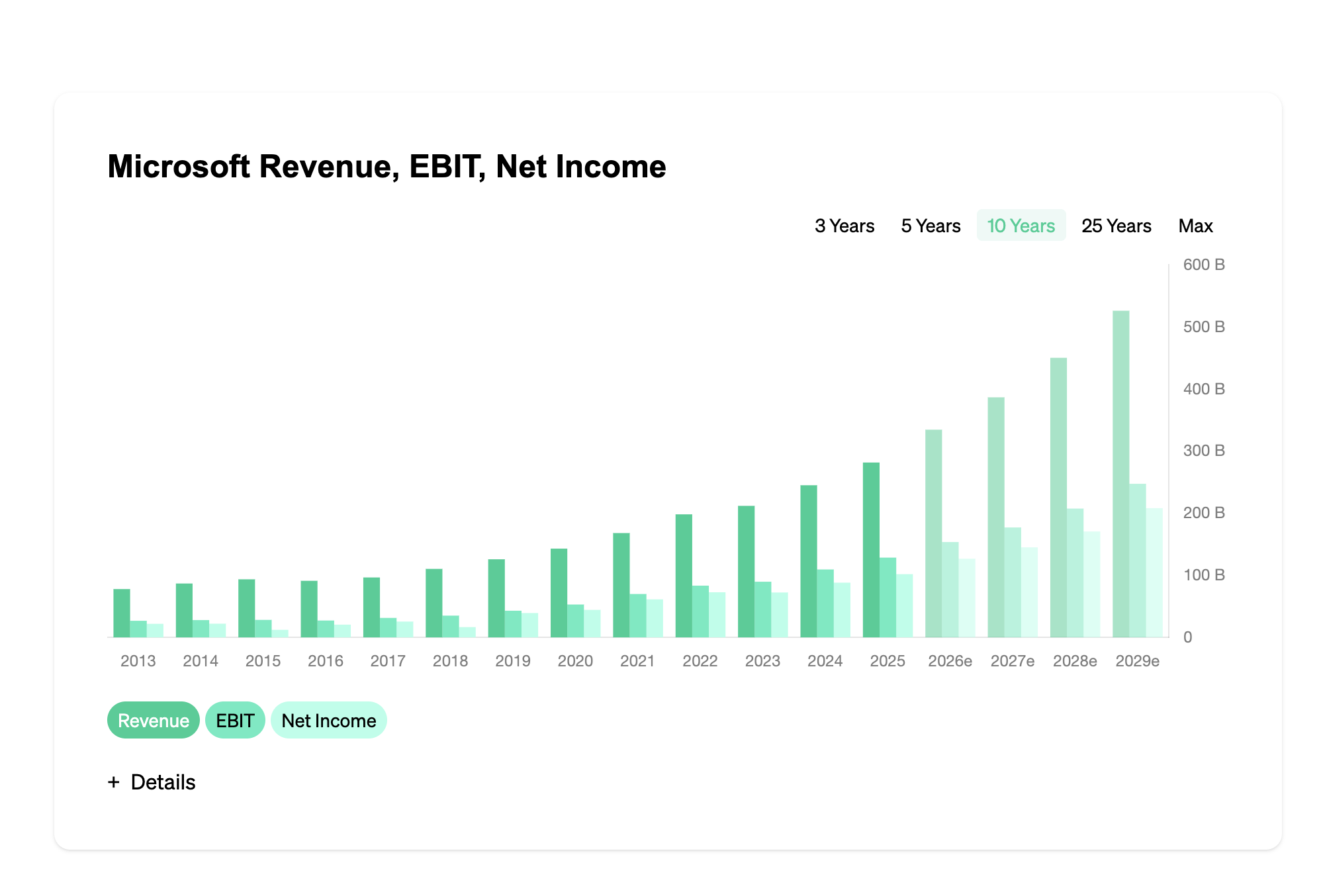Build Own Operate
Definition and Explanation
TL;DR – Brief Definition
Go to FAQs →Build Own Operate: Definition: "Build-Own-Operate" (BOO) describes a business model commonly used in infrastructure development and project financing. It refers to a contractual arrangement where a party, usually a private company or consortium, assumes the responsibility for designing, constructing, owning, and operating a facility or infrastructure asset. This model is prevalent in various sectors, including energy, transportation, telecommunications, and public-private partnerships (PPP). "Build-Own-Operate" projects typically involve a lengthy contractual framework known as a concession agreement, which outlines the rights, obligations, and financial arrangements between the project company and the public entity or grantor. The project company assumes the risk involved in developing and operating the asset, usually financing a significant portion of the project costs through debt and equity. From a financial perspective, the project company may secure funding from various sources, including commercial banks, development banks, institutional investors, and capital markets. The funds acquired are primarily used to finance construction and acquisition costs. The company then generates revenue by operating the asset and charging users (e.g., toll fees for roads, electricity tariffs for power plants) or through a concession fee, as agreed upon in the concession agreement. The "Build-Own-Operate" model offers advantages to both the project company and the grantor. For the project company, it allows them to participate in infrastructure development, providing a steady revenue stream over an extended period. Additionally, the concession agreement guarantees the project company exclusive rights to operate the asset during the concession period. On the other hand, the grantor benefits from "Build-Own-Operate" projects by transferring the risks associated with infrastructure development, operation, and maintenance to the project company. In the case of PPPs, this model allows the government to leverage private sector expertise and resources, avoiding the burden of financing infrastructure projects solely using public funds. Overall, the "Build-Own-Operate" model has proven to be an effective mechanism for infrastructure development and finance. Its flexibility and potential for attracting private investment have made it a popular choice for various capital market participants seeking opportunities in infrastructure projects. With well-structured contractual agreements and sound financial management, "Build-Own-Operate" projects can lead to successful investments, spurring economic growth while fulfilling societal needs. As a leading platform for equity research and finance news, Eulerpool.com provides comprehensive insights into the "Build-Own-Operate" model and its applications in capital markets. With our glossary, investors and market participants can stay informed about this and other terms related to stocks, loans, bonds, money markets, and cryptocurrencies. Stay updated with the latest trends and developments in the industry, supporting your investment decisions with expert knowledge. Visit Eulerpool.com today!
Detailed Definition
Frequently Asked Questions about Build Own Operate
Was bedeutet Build Own Operate?
Definition: "Build-Own-Operate" (BOO) describes a business model commonly used in infrastructure development and project financing. It refers to a contractual arrangement where a party, usually a private company or consortium, assumes the responsibility for designing, constructing, owning, and operating a facility or infrastructure asset.
Wie wird Build Own Operate beim Investieren verwendet?
„Build Own Operate“ hilft dabei, Informationen einzuordnen und Entscheidungen an der Börse besser zu verstehen. Wichtig ist immer der Kontext (Branche, Marktphase, Vergleichswerte).
Woran erkenne ich Build Own Operate in der Praxis?
Achte darauf, wo der Begriff in Unternehmensberichten, Kennzahlen oder Nachrichten auftaucht. In der Regel wird „Build Own Operate“ genutzt, um Entwicklungen zu beschreiben oder Größen vergleichbar zu machen.
Welche typischen Fehler gibt es bei Build Own Operate?
Häufige Fehler sind: falscher Vergleich (Äpfel mit Birnen), isolierte Betrachtung ohne Kontext und das Überinterpretieren einzelner Werte. Nutze „Build Own Operate“ zusammen mit weiteren Kennzahlen/Infos.
Welche Begriffe sind eng verwandt mit Build Own Operate?
Ähnliche Begriffe findest du weiter unten unter „Leserfavoriten“ bzw. verwandten Einträgen. Diese helfen, „Build Own Operate“ besser abzugrenzen und im Gesamtbild zu verstehen.
Favoritos de los lectores en el Börsenlexikon de Eulerpool
Wechselaussteller
Wechselaussteller ist eine Bezeichnung, die im Bereich der Finanzmärkte verwendet wird, insbesondere im Zusammenhang mit Wechseln und Handelsinstrumenten. Als zentrales Element des Wechselhandels bezieht sich der Wechselaussteller auf eine Person...
selbstständiges Beweisverfahren
Selbstständiges Beweisverfahren ist ein rechtliches Verfahren, das es einer Partei ermöglicht, vor dem eigentlichen Hauptprozess Beweise zu sammeln, um ihre Position zu stärken. Oft wird es in Zivilverfahren eingesetzt, um...
häufigster Wert
"Häufigster Wert" ist ein Begriff, der in der Finanzwelt verwendet wird, um sich auf den am häufigsten gehaltenen Wert in einem bestimmten Portfolio oder einer bestimmten Anlageklasse zu beziehen. Dieser...
Incoterms, Abweichungen
"Incoterms, Abweichungen" ist ein Begriff, der sich auf die Variationen der International Commercial Terms (Incoterms) bezieht. Incoterms sind eine Reihe von international anerkannten Regeln, die den Verkauf und die Lieferung...
Schwedische Schule
Die Schwedische Schule, auch bekannt als die Stockholmer Schule oder Schwedische Finanztheorie, bezieht sich auf eine Gruppe einflussreicher Wissenschaftler und Forscher aus Schweden, die bedeutende Beiträge zur Erforschung der Finanzmärkte...
wirtschaftspolitische Instrumente
Definition: Das Konzept der "wirtschaftspolitischen Instrumente" ist ein wichtiger Bestandteil der makroökonomischen Politik eines Landes. Es bezieht sich auf die verschiedenen Maßnahmen und Werkzeuge, die von Regierungen und Behörden eingesetzt werden,...
Wohnbevölkerung
Die Wohnbevölkerung bezieht sich auf die Gesamtheit der Personen, die in einem bestimmten geografischen Gebiet ihren Wohnsitz haben. In der Finanzwelt, insbesondere im Bereich der Kapitalmärkte, spielt die Wohnbevölkerung eine...
Diskriminierung
Diskriminierung ist ein Begriff, der eine unfaire Behandlung oder Benachteiligung einer bestimmten Gruppe aufgrund individueller Merkmale beschreibt. Im Kontext der Kapitalmärkte bezieht sich Diskriminierung auf Handlungen oder Praktiken, die bestimmte...
Preis-Leistungs-Verhältnis
Das Preis-Leistungs-Verhältnis ist eine Kennzahl, die von Investoren verwendet wird, um den Wert einer bestimmten Anlage in Relation zu deren Kosten oder Leistung zu bewerten. In den Kapitalmärkten dient diese...
Verstrickung
Verstrickung ist ein Begriff, der in der Finanzwelt verwendet wird, um eine Situation zu beschreiben, in der ein Investor oder eine Organisation in komplexe, undurchsichtige und potenziell riskante Transaktionen oder...

